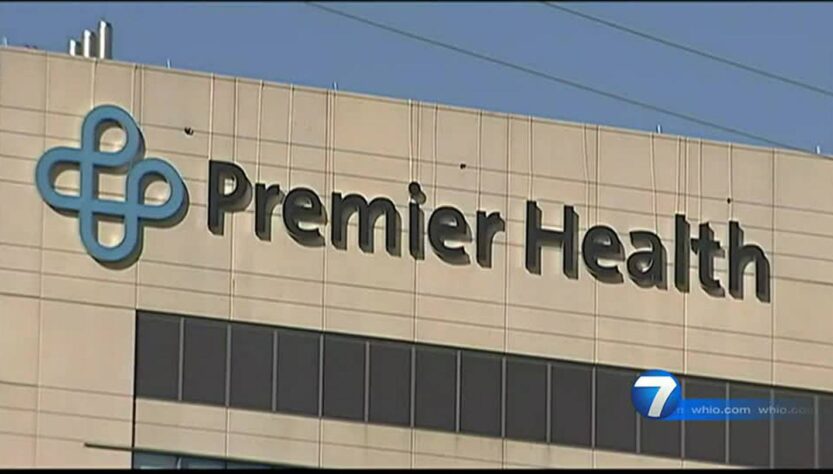“Viable Monday, Jan. 10, Premier Health will delay any unimportant method/medical procedure that requires a short term visit until after Jan. 31, 2022, to assist with protecting basic clinic limit with regards to our patients and the local area,” an organization representative said in an assertion Friday evening.
“Every single fundamental methodology and medical procedures will proceed, as will all strategies and medical procedures for patients who don’t need a short term visit. Assuming that you have not previously done as such, if it’s not too much trouble, get inoculated against COVID-19 and avoid potential risk, (for example, concealing and social removing) at whatever point conceivable to help us in focusing on the local area. ” the representative said.
Chief Health is the most recent significant emergency clinic network in the area to delay elective systems, joining Kettering Health that declared a respite this week and Reid Health which stopped in December.
A Kettering Health representative said the delay in their organization was important because of “strain on numerous wellbeing frameworks” brought about by the expansion in COVID hospitalizations and is important to “keep up with security and great consideration.”
Sarah Hackenbracht, President and CEO of the Greater Dayton Area Hospital Association, told News Center 7 recently that we are in “one of the most troublesome aspects of the pandemic” in the Dayton region. She added that when elective techniques were delayed two years prior, it was a “incredibly, unique dynamic and situation.”
“That was a prerequisite that descended from the lead representative and the state organization to truly assist clinics with opening up bed space in the actual framework in our clinics and safeguard the PPE we had accessible. Now our medical clinics are settling on those hard choices themselves,” Hackenbracht said.
Hackenbracht said that when clinics are full with COVID-19 patients, they struggle getting patients in their crisis offices.

